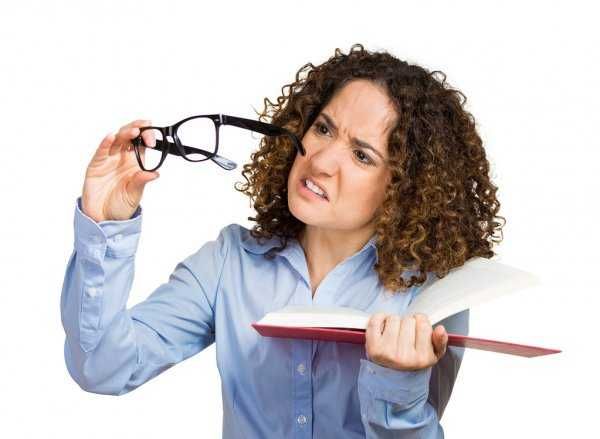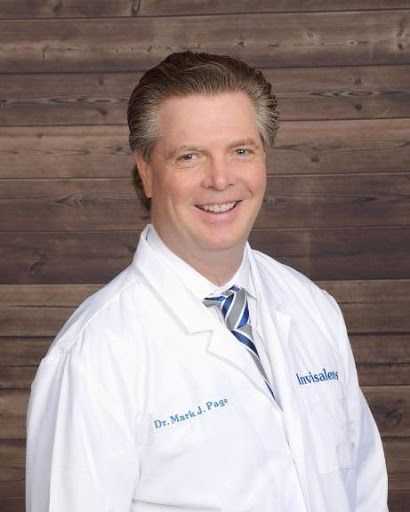
Macular Degeneration Treatment
Macular Degeneration Treatment
Here are 3 tips about macular degeneration treatment, detection, symptoms and what you can do to reduce your risk.
The statistics now show that macular degeneration is affecting more people than Alzheimer's, Parkinson's, prostate cancer and breast cancer combined.
Most people do not get it until they're closer to 70 years old, but it does begin at an earlier age for some people.
What we're concerned about is the inside of the eye.
We kind of do a little fly through here as we zoom in, we can see the optic nerve but we can also see what we call the macula and that's kind of the sweet spot.
When we're reading a book or working on the computer looking at someone kind of eye to eye it's that straight-ahead focus comes into right here so we can sort of seeing in this image that some of these are we seeing little almost like flakes or like little pieces of rust or almost like maybe a sunburn where it's kind of starting to peel.
So I've got another image here that kind of shows where okay it's nice and dark, but over here it's almost like it's peeling away.
Once it peels away from the macula, it kind of affects our straight-ahead focus.
Once this develops there's really not much of a way of reversing it so we want to kind of try and figure out.
Is there something we can do before it gets this bad.
We've also discovered that there's a kind of a shield almost like a protective layer so we call that the macular pigment.
It's almost like our factory rust protection so we really realize the sunshine has such a big impact on this condition.
As the light goes through it hits the photoreceptors.
It can almost create oxidation or like the rust so this is factory rust protection it's actually under the macula.
We can't really see it but we have some other technology we can measure the thickness.
You look into a device and we use the Quantify to help understand how much protection do you have.
Now we also know that with our diet there are certain ingredients that can be helpful in giving macular degeneration treatment.
Some of the vegetables can help create that shield that protective layer .
Kale has the best for lutein and orange peppers have the best for the zeaxanthin.
Nnow at the Harvard Medical School they've kind of discovered the zeaxanthin is a more powerful protector.
Iit's kind of a better antioxidant so the other challenge is the with our diet we have about 20 times as much lutein as zeaxanthin.
In our blood serum, there are about 10 times as much but the center of a healthy mac there should be twice about zeaxanthin as leutein.
I've been doing some research because my grandma ended up having macular degeneration for probably the last 10 years of her life.
Really you know she wasn't able to see so I kind of have the genetic concern for myself.
I'm looking at what's the best for me and with the Eye Promise here they actually do have 8 milligrams of zeaxanthin and four of the lutein so twice as much zeaxanthin as lutein.
Just like the center of a healthy macula.
Then the final thing is the sunshine is kind of the electromagnetic spectrum.
We know the ultraviolet rays have a very short wavelength they have a lot of energy so it can actually cause skin cancer.
As that wavelength gets longer it turns into visible light, so of all the visible light blue has the shortest wavelength.
It almost has the most energy so when they did research they were shining blue light into the eye and they could see the photoreceptor start to accelerate the metabolism and that starts generating additional free radicals.
Over time that creates the oxidation or the rust or the sunburn.
So, we get back to this condition here as well so we know the Sun is the primary source.
We've also discovered that smoking may accelerate that process significantly as well.
It is not a good idea for smoking we've also discovered this blue light is coming from the electronics.
If we kind of investigate here we can see the light bulbs so the incandescent bulb hardly any of it was coming from the blue end of the spectrum.
Most of it coming from the red, that's why the bulb got so hot.
Now we also see the fluorescent bulb so that's coming mostly in the green a little bit of spike in the blue but now the new energy-efficient LED bulb that does seem to be more prevalent in the blue range.
There are manipulations that the manufacturers can do to try and modify that so that needs to be done but in the meantime.
We want to make sure we have good internal protection we have good external protection, and then the other component is the monitors.
This is kind of the old big cathode ray tube the old big tube type monitor and then here's the fluorescent LCD.
It looks like that has the least amount of blue, so someone stares at a computer all day we might want to use an LCD monitor.
Then here's the iPad with the LED and also the galaxy cell phone.
We can see those there that backlighting that bright light that has a lot of blue to it.
There's a lot of concern and some of the research also shows that the Harvard Medical School the Harvard Health Letter says blue light has a dark side.
Light at night is bad for your health and exposure to blue light emitted by electronic and energy-efficient light bulbs may be especially so.
We do want to kind of make sure our eyeglasses have protection up to probably the 400 nanometers.
Now if there's a family history of macular degeneration, if there's evidence of any of the oxidation inside the patient's eyes we may also want to consider additional protection.
There's a company of Bluetec lens that kind of has a little special tinting that does absorb certain wavelengths that have the higher energy that can also be helpful in giving macular degeneration treatment.
Now we want to kind of maybe avoid the completely yellow lens because that blocks all of the blue light and some blue has been shown to kind of increase their reaction time and also elevate our mood.
We may be kind of want to try to avoid something that diminishes that.
They also have that available in outdoor lenses so we can block the high energy blue light from the sunshine as well.
Conclusion
There's a lot of advances in technology so we can have time to detect these things to understand at an earlier stage.
What's your risk, so instead of waiting until it's too late can we start helping get the proper protection.
On the external side of things, we kind of counsel people about smoking and kind of creating the right diet or possibly supplementation.
We'd love to help you, would love to help your family and we have helped you know over 45,000 patients and we're confident we can help you as well so we'd love you to get out your phone give us a call and let us help you hopefully see something that you may be missing so don't delay call us today

Dr. Page is a licensed Doctor of Optometry, and a long time resident of Ahwatukee Arizona. He graduated from the New England College of Optometry in Boston in 1990. He moved to Phoenix to serve the community in both his clinic and by becoming a community activist.
He is deeply involved in supporting the local athletic teams, the arts, pet adoption and children. He is a charter member of the Chamber of Commerce.
After watching his father lose vision in his right eye he dedicated his career to finding a way to stopping eyes from getting worse. He is the founder of the Invisalens eye retainer and a best selling author for his book: Freedom! The Smart Parents Guide to Helping Your Child See a Better Life.
He specializes in helping his patients see better with eyeglasses, contact lenses, nutrition and genetics.
Words can’t describe what our eyes bring to life!
macular degeneration, macular degeneration specialists, macular degeneration sunglasses

